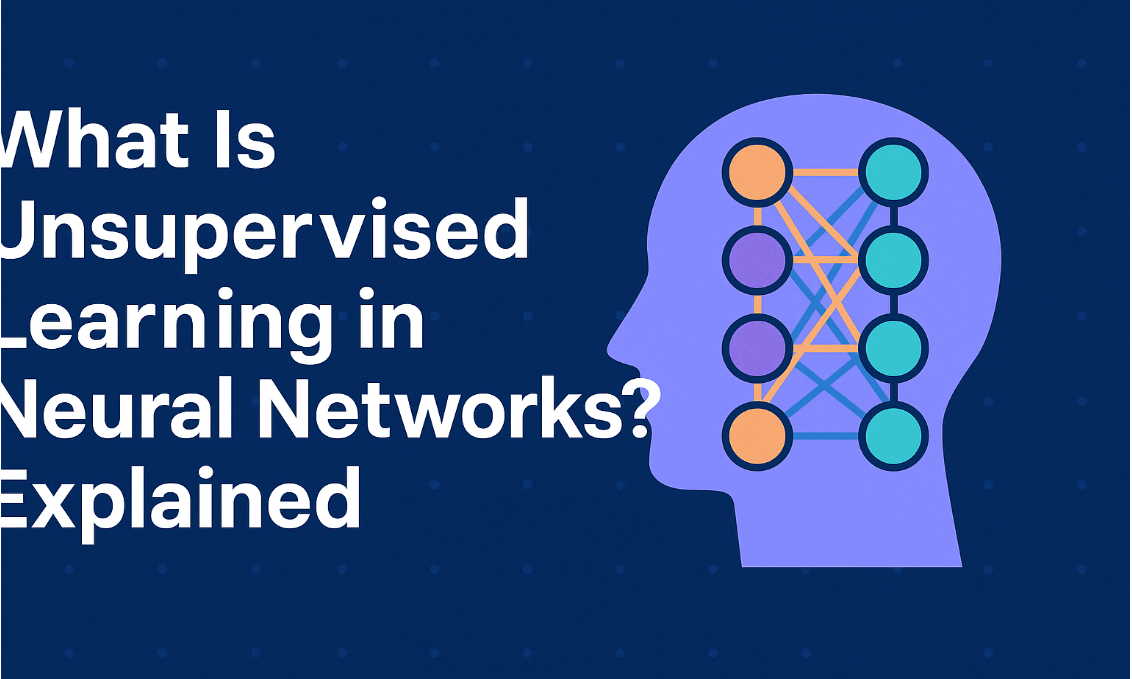.png)
Artificial Intelligence (AI) and Machine Learning: A Comprehensive Guide
Introduction
Artificial Intelligence (AI) and Machine Learning (ML) are reshaping industries across the globe, from healthcare to finance. This guide delves into the latest innovations, real-world applications, and ethical challenges posed by AI and ML.
Understanding AI and ML
Artificial Intelligence (AI):

AI simulates human intelligence in machines, allowing them to perform tasks that require cognitive abilities such as learning, reasoning, problem-solving, and perception.
Machine Learning (ML):

ML, a subset of AI, involves training algorithms on vast datasets to identify patterns, make predictions, and continuously improve performance without needing explicit programming.
Key Advancements in AI and ML
Natural Language Processing (NLP): AI systems now understand and generate human language, powering chatbots, language translation, and sentiment analysis tools.
Computer Vision: AI algorithms can process and analyze visual data, enabling applications such as facial recognition, image classification, and autonomous vehicle navigation.
Generative AI: These AI models create new content—text, images, or music—based on existing data.
Reinforcement Learning: AI agents learn through interaction with their environment, improving performance by receiving rewards or penalties for specific actions.
Applications of AI and ML
Healthcare: AI assists in drug discovery, medical imaging analysis, personalized treatment plans, and disease prediction.
Finance: AI is used for fraud detection, algorithmic trading, customer service chatbots, and credit scoring.
Manufacturing: AI optimizes production processes, improves quality control, and predicts maintenance needs.
Customer Service: AI-powered chatbots and virtual assistants offer personalized support to customers.
Autonomous Vehicles: AI enables self-driving cars to perceive their environment, make real-time decisions, and navigate safely.
Ethical Considerations
Bias: AI systems can inherit biases from training data, potentially leading to unfair or discriminatory outcomes.
Privacy: The collection of personal data for AI applications raises privacy concerns.
Job Displacement: Automation through AI could result in job losses in certain industries.
Autonomous Weapons: The development of autonomous weapons raises ethical concerns regarding their potential misuse.
Conclusion
AI and ML are evolving rapidly, with enormous potential to transform industries and improve lives. However, it is essential to address the ethical challenges they present. By understanding their advancements, applications, and ethical implications, we can responsibly harness AI and ML to benefit society.
FAQs: AI and ML
Q: What’s the difference between AI and ML?
A: AI, or Artificial Intelligence, is a broad term that refers to the simulation of human intelligence in machines. It includes various technologies and approaches designed to mimic human thinking and behavior. Machine Learning (ML), on the other hand, is a subset of AI that focuses specifically on algorithms that allow computers to learn from and make decisions based on data.Q: What are some common applications of AI and ML?
A: AI and ML are transforming many industries. Common applications include:- Healthcare: For diagnostics, drug discovery, and personalized treatment.
- Finance: For fraud detection, algorithmic trading, and risk assessment.
- Customer Service: Through chatbots and virtual assistants that offer personalized support.
- Manufacturing: For predictive maintenance, quality control, and optimizing supply chains.
- Autonomous Vehicles: Enabling self-driving cars to navigate complex environments.
Q: What are the ethical concerns surrounding AI and ML?
A: As AI and ML technologies advance, several ethical concerns arise:- Bias: Ensuring that AI systems do not perpetuate or amplify biases present in training data.
- Privacy: Protecting sensitive data used in training AI models.
- Job Displacement: Addressing the potential impacts on employment and finding ways to manage workforce changes.
- Autonomous Weapons: Considering the moral implications of using AI in weaponry.
Q: How can AI and ML be used to improve our lives?
A: AI and ML can enhance our lives in numerous ways, including:- Automating Routine Tasks: Freeing up time and reducing human error.
- Personalized Experiences: Tailoring services and recommendations to individual preferences.
- Solving Complex Problems: Tackling challenges that are too intricate for manual solutions.
Q: What are the challenges in developing and deploying AI and ML systems?
A: Key challenges include:- Data Quality: Ensuring the data used is accurate, relevant, and representative.
- Algorithm Development: Creating robust algorithms that can effectively learn and adapt.
- Ethical Considerations: Addressing potential biases and privacy issues responsibly.
Q: What does the future hold for AI and ML?
A: The future of AI and ML looks bright, with ongoing advancements and emerging applications in various fields. However, it’s crucial to approach their development with a focus on ethical practices and responsible innovation to ensure positive outcomes.Q: How can I learn more about AI and ML?
A: To delve deeper into AI and ML, consider exploring:- Online Courses and Tutorials: Many platforms offer courses ranging from beginner to advanced levels.
- Books: There are numerous books on AI and ML for different expertise levels.
- Conferences and Workshops: Attending events can provide valuable insights and networking opportunities.








